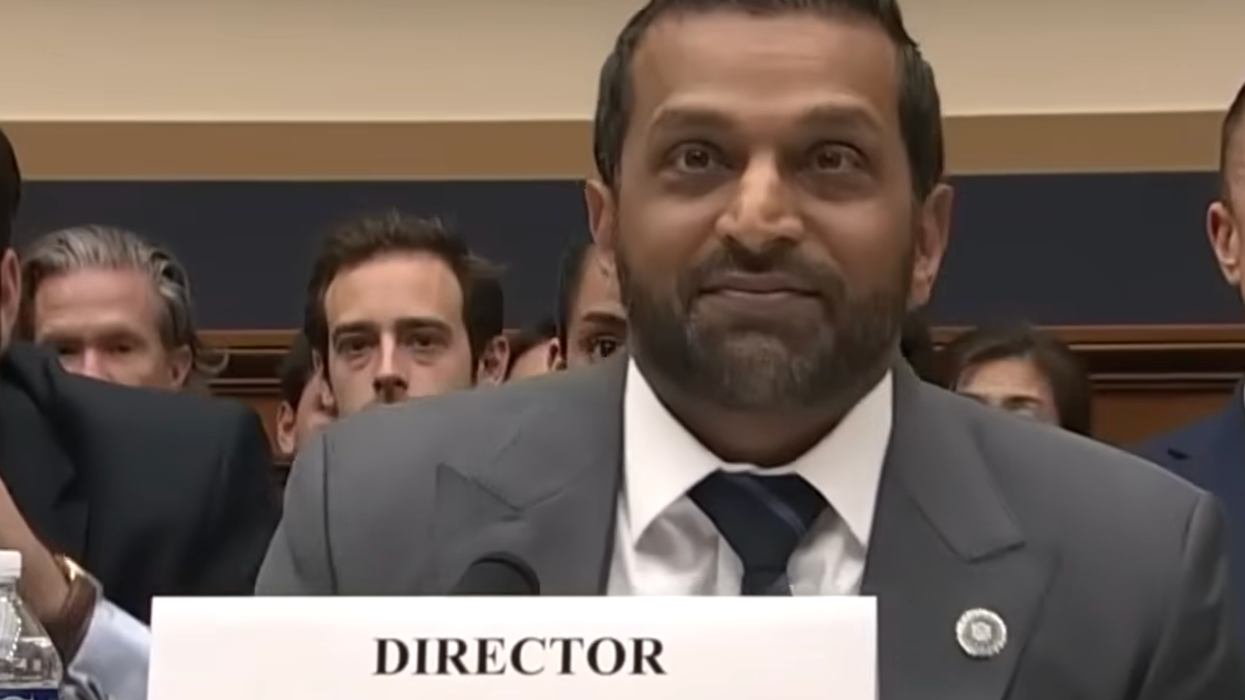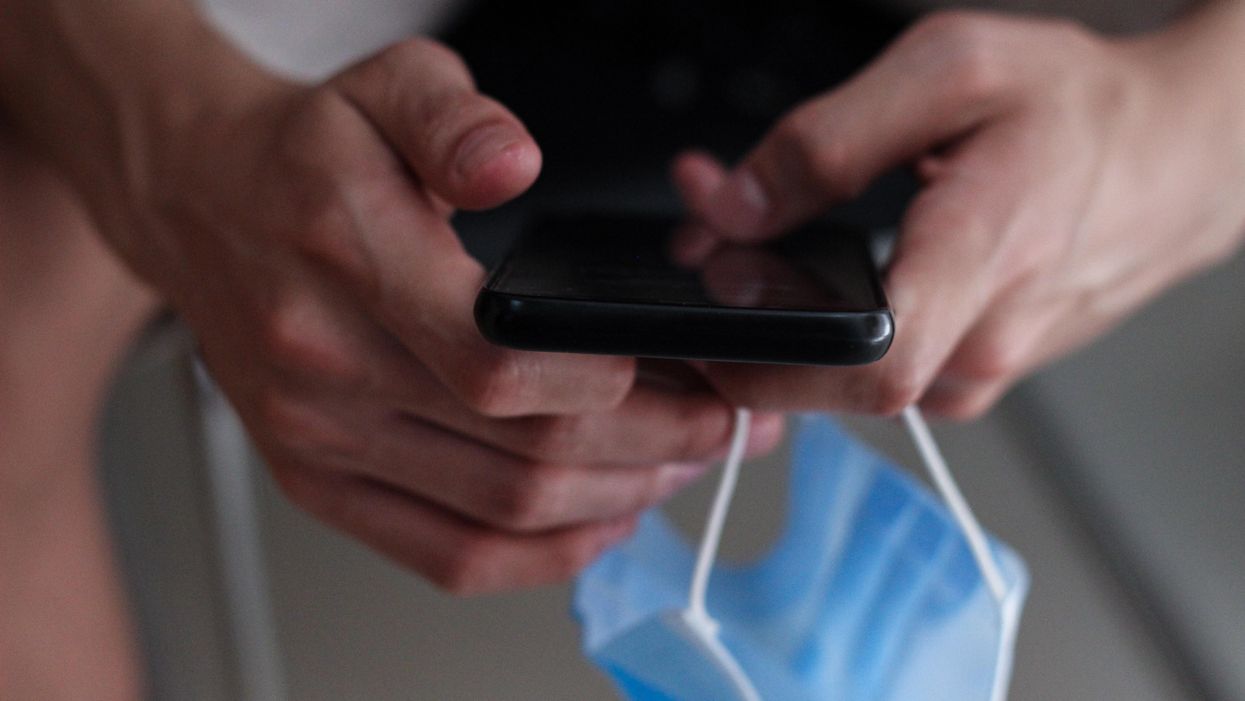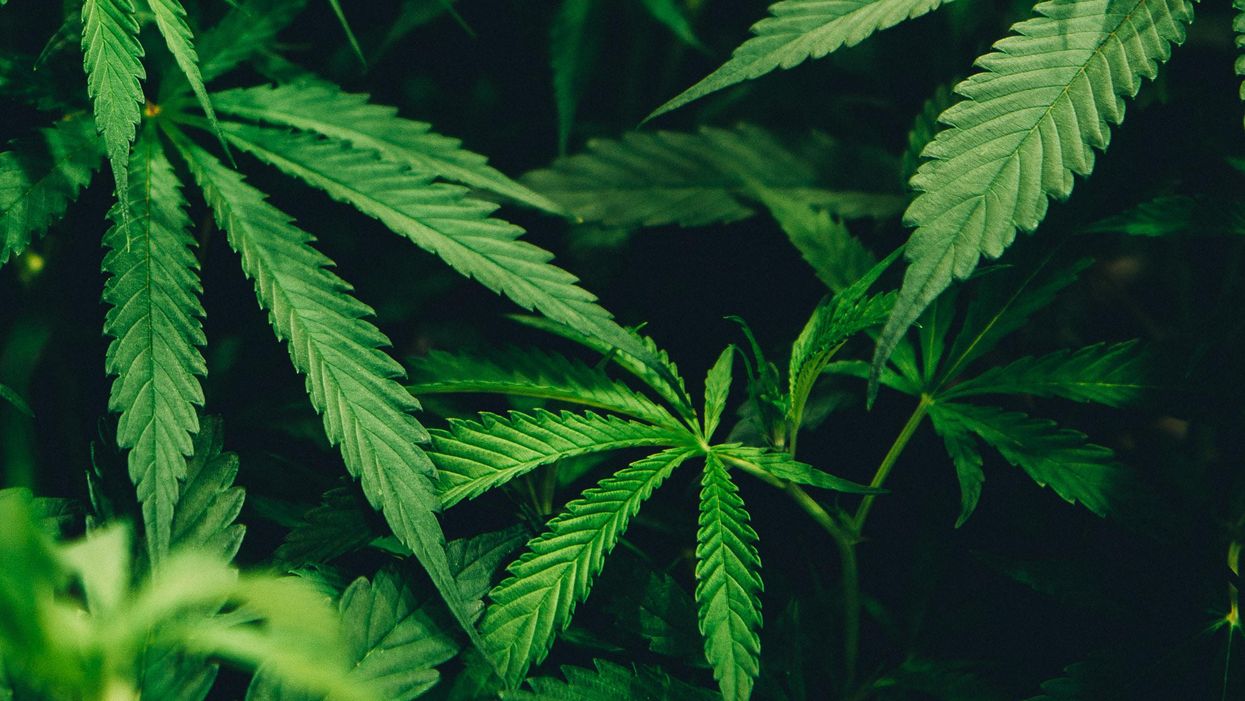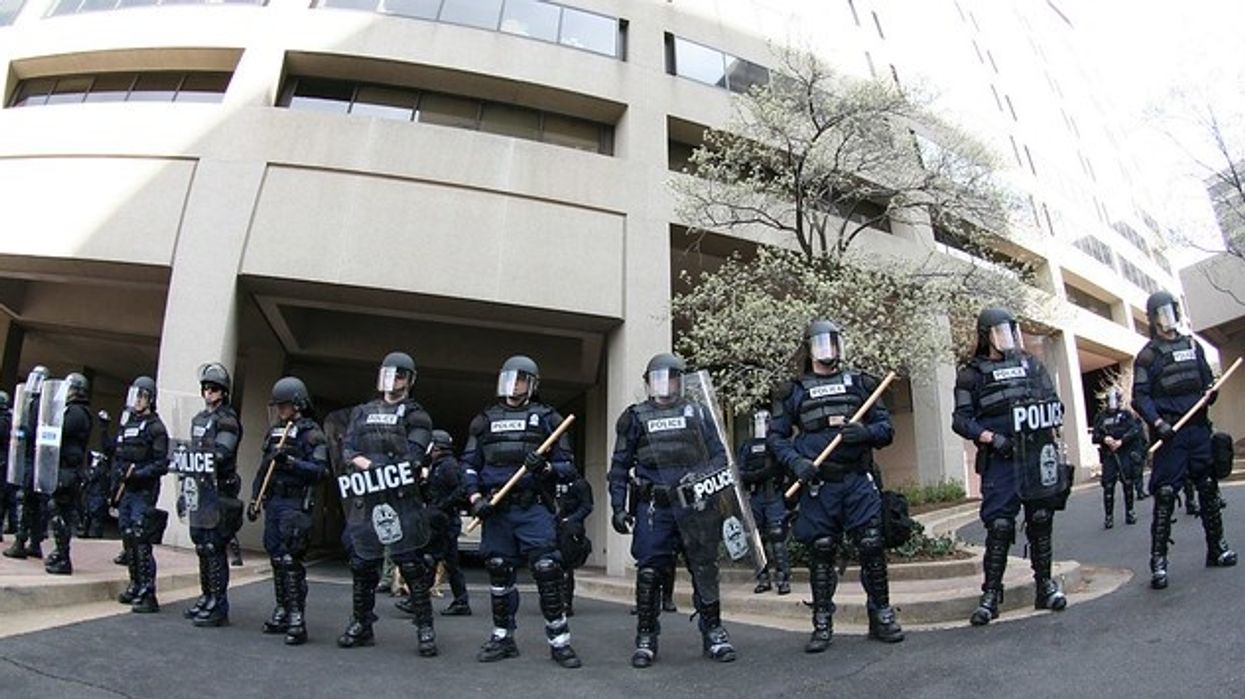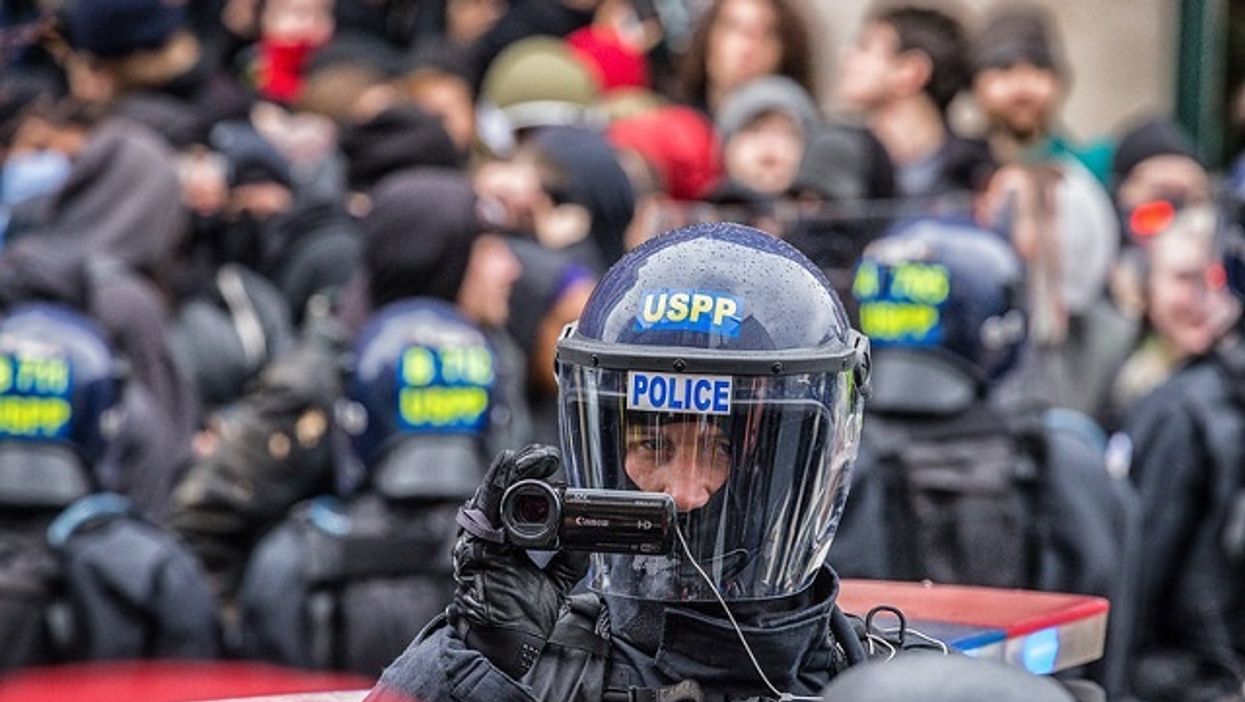Conflict Over Pretti Killing Is Latest Clash Between Trump White House And Gun Lobby
After U.S. Border Patrol agents fatally shot Minneapolis protester Alex Pretti last Saturday, federal officials described him as a "domestic terrorist" and "would-be assassin" who "wanted to do maximum damage and massacre law enforcement." But the only evidence to support those characterizations was the fact that Pretti was carrying a concealed handgun, which he was legally allowed to do.
Although videos of the incident show Pretti never drew that weapon, let alone threatened the agents with it, several officials portrayed his exercise of the constitutional right to bear arms as inherently suspicious. That position provoked criticism from leading gun rights groups — the latest example of disagreements between Second Amendment advocates and an administration that claims to support their cause.
Pretti "approached US Border Patrol officers with a 9 mm semi-automatic handgun," the Department of Homeland Security said on Saturday, neglecting to mention that the agents did not see the holstered gun until after they tackled Pretti. "The officers attempted to disarm (him) but the armed suspect violently resisted," DHS added, omitting the fact that an agent had removed the gun by the time the shooting started.
FBI Director Kash Patel erroneously claimed Pretti's possession of a handgun was illegal. "You cannot bring a firearm, loaded, with multiple magazines, to any sort of protest that you want," Patel said. "It's that simple. You don't have a right to break the law."
Bill Essayli, the first assistant U.S. attorney for the Central District of California, went even further. "If you approach law enforcement with a gun, there is a high likelihood they will be legally justified in shooting you," he averred. "Don't do it!"
That was too much for Gun Owners of America, which condemned Essayli's "untoward comments," noting that "the Second Amendment protects Americans' right to bear arms while protesting — a right the federal government must not infringe upon." The National Rifle Association also was perturbed, calling the prosecutor's statement "dangerous and wrong."
President Donald Trump did not explicitly say that Pretti invited his own death by carrying a gun, but he did portray that conduct as troubling. "I don't like any shooting," he told The Wall Street Journal. "But I don't like it when somebody goes into a protest and he's got a very powerful, fully loaded gun with two magazines."
According to Pretti's ex-wife, the Journal notes, he "had carried a gun for several years," exercising a right recognized by the U.S. Supreme Court, the state of Minnesota and local licensing authorities, which had issued him a carry permit. In this context, there was nothing necessarily nefarious about his decision to carry a gun the day he was killed.
As the GOA's comments reflect, conservatives traditionally have prized the more specific right to carry guns at political protests, such as demonstrations against the restrictions imposed during the COVID-19 pandemic. Left-leaning gun control advocates, meanwhile, have condemned that practice and supported bans on it.
Given this history, it is not surprising that gun rights groups usually allied with Trump rebelled at the notion that carrying a firearm is threatening, illegal or an invitation to police violence. Nor is it surprising that they were alarmed when Justice Department officials considered a ban on gun possession by transgender people.
While that half-baked proposal seems to have gone nowhere, the Trump administration is actively defending the federal ban on gun possession by people convicted of nonviolent felonies. The NRA and other Second Amendment groups, by contrast, say that policy is blatantly unconstitutional.
The Trump administration is also defending a federal law that treats cannabis consumers as felons if they own guns, even if they live in states that have legalized marijuana. The NRA has called that policy "unjust."
Trump is avowedly committed to "protecting Second Amendment rights," and his Justice Department recently launched a litigation project for that purpose. But as the government's defense of the Pretti shooting confirms, those promises are less reliable thanthey seem.
Jacob Sullum is a senior editor at Reason magazine and the author of Beyond Control: Drug Prohibition, Gun Regulation, and the Search for Sensible Alternatives (Prometheus Books).Follow him on X: @JacobSullum.
Reprinted with permission from Creators

